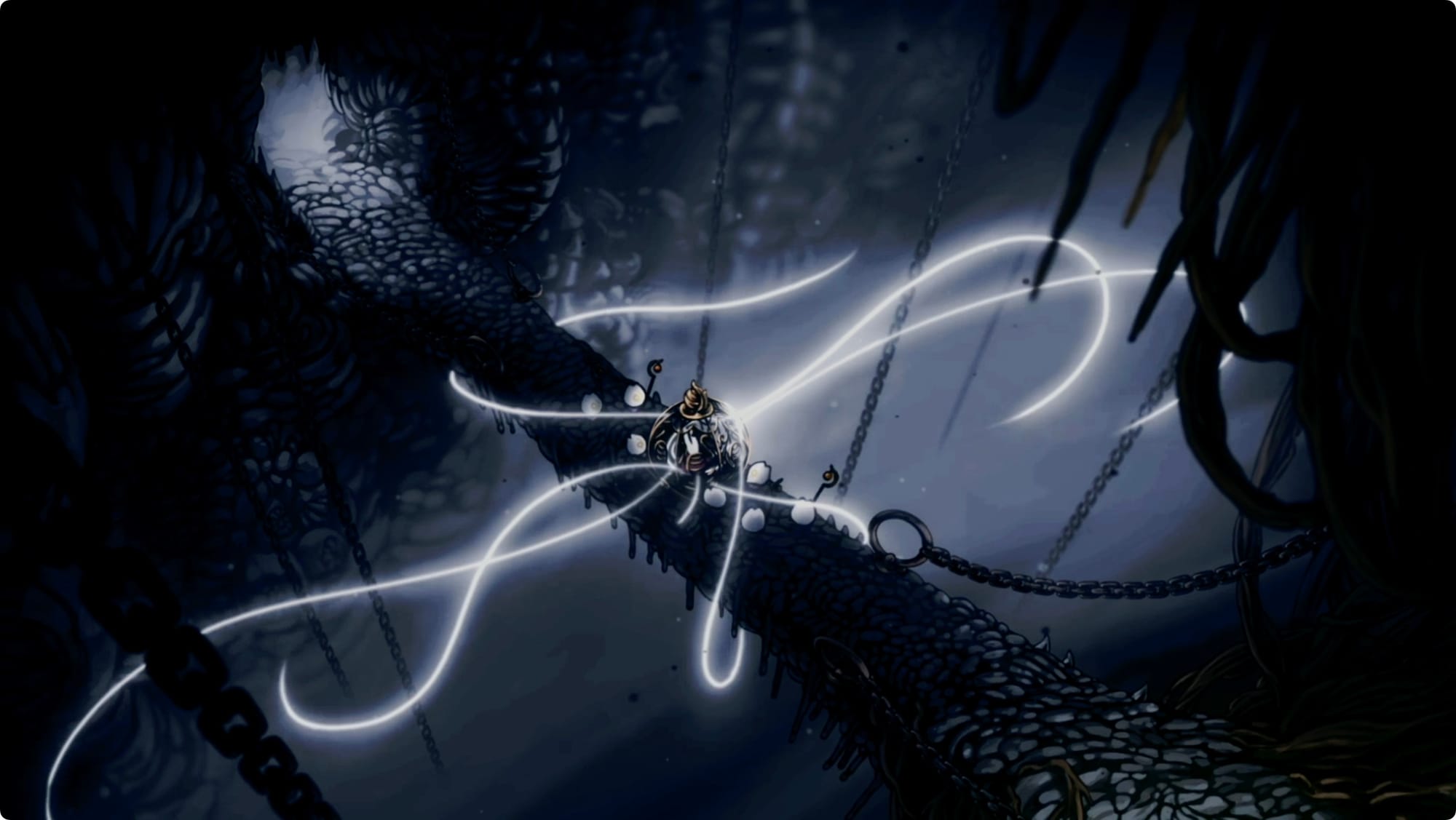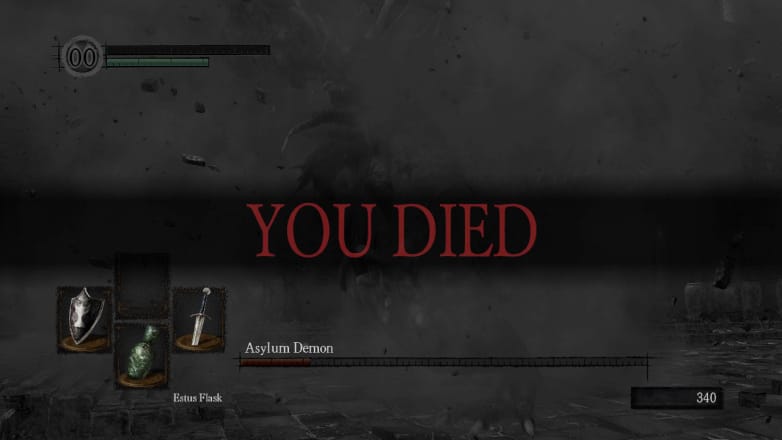I am breaking up with Silksong
Think of it like an amicable breakup, but please don't put in the paper that I got mad.

There’s a dril tweet that goes, “and another thing: im not mad. please dont put in the newspaper that i got mad.” And that’s 100% what this article is.
Silksong has broken me and I can’t go on. But please don’t put in the paper that I got mad.
I mean, I did get mad. Furious, in fact. Silksong frustrated me in ways that ruined my day if I played it too early and made me snap at my dog for minor inconveniences. But it’s more nuanced than that.
I’m not quitting Silksong because it’s a bad game — it’s not. It’s a good game … I think. It’s beautiful, charming, and a worthy successor to Hollow Knight. I’m not even quitting because it’s too hard (I mean, I am, but hear me out).
It’s that it doesn’t respect me.
Hard games can be rewarding
When I think of games where the difficulty is part of the allure, there are two genres that come to mind. First are games like Super Meat Boy. These are games that require precision and twitch-speed reactions. These are games designed like the absolutely inhuman Mario Maker levels you see on TikTok. These are games if you’re the kind of person who believes solving a Rubik’s Cube blindfolded is a game.
These are exacting games that reward practice. They’re not for me, but I understand the appeal of getting good at something through dedicated effort. These games are skill made manifest.

The other kind of hard games are Soulslikes. At this point, I have played all of From Software’s games except for Bloodborne (I just haven’t gotten around to it). I have seen the iconic “YOU DIED” plenty of times over far too many years.
And Soulslike games reward learning. Each time you die, you learn something about the game. Yes, the game is designed for you to beat your head against it for hours before getting past a specific boss or even a particularly difficult low-level goon, but there is almost always a learning moment in those deaths. You’ll notice a tell hidden in an enemy’s moveset or an opening for you to deal some damage. There’s experimentation in the failures where you can learn about weaknesses and resistances. Failures highlight a shortcoming of your build just as often as they highlight a shortcoming of your skill — something mechanical you can adjust.
Importantly, there’s always this subtle feeling of getting better.
Silksong doesn’t feel like that
To me, Silksong feels like both kinds of game at once. Demanding precision and repetition while also learning its movesets and mechanics. The boss fights typically require multiple, frustrating attempts, but the path to get to that fight can also require a precise speed run. But that reward of getting better is missing.



